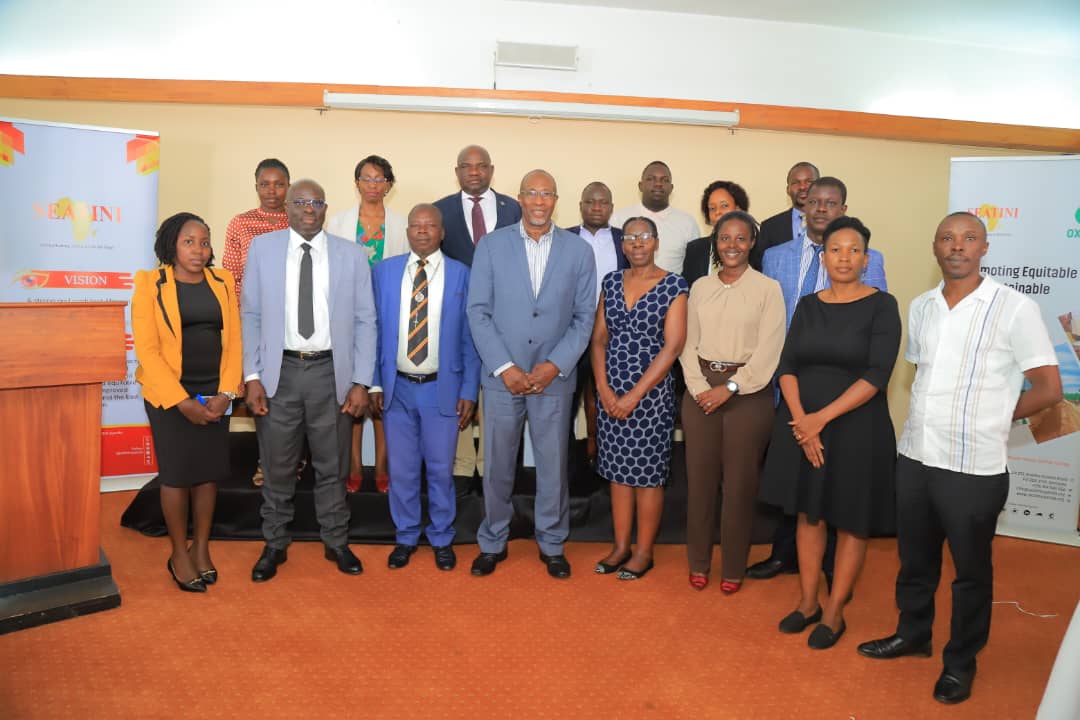Climate change effects have a huge economic toll on budget estimates, says gov’t

An official from the Ministry of Finance has said that the effects of climate change have a huge economic toll of the country’s budgetary estimates.
“Effects of climate change like droughts and landslides lead to emergencies which call for adittional resources which are over and above the approved budget. This casts doubts on the credibility of the fiscal policy in that you have to find resources to be able to address the effeect this may have caused, “said Aron Wehike from the Climate Finance Unit (CFU) of the Ministry of Finance.
He was speaking during a stakeholders’ dialogue on the nexus between climate change and fiscal policy organised by Ministry of Finance and SEATINI Uganda at Golf Course Hotel in Kampala.
Wehike said effects of climate change have had a huge impact on the country’s fiscal policy in a number of ways.
“We have a contingency fund that caters for these disasters but you know you cannot quantify how severe the disaster is going to be as sometimes it is too much and therefore you have to find money to be able to address it. All this has implications on our development and budget. If you are to have budget cuts for other programs, that means they won’t be able to implement their plan due to climate change,” he said.
He said climate change effects in the past years which have led to inflation, unemployment and poverty.
“For example in the 2016/17 financial year we had a very long dry spell which had huge implications on tourism as our animals starved to death in national parks and failed agriculture season. Because of that, we had a higher level of inflation driven by food prices due
to failed agriculture season and then when we reached the next national household survey, we realised that poverty levels had grown.”
The official from the Ministry of Finance said because a big percentage of the Ugandan population lives on subsistence agriculture and are slightly above the poverty line, a slight shock affects them greatly.
“Therefore, the magnitude of climate change and its implication on our macroeconomic stability and fiscal stability cannot be over emphasised. Sometimes we may even have to borrow to contain these disasters because we didn’t budget for them and this has implications on our debt burden.”
He however said the climate finance unit in the Ministry of Finance helps mobilise climate finance but also deepen institutionalization of climate finance within government.
SEATINI Uganda Executive Director, Jane Nalunga said the dialogue is aimed at getting government’s commitment on climate financing and ways of adaptation and mitigation for climate change.
“Through this dialogue we wanted to discuss climate change and how it has affected the economy of Uganda. Since Uganda’s economy is mainly based on agriculture and tourism yet these two factors are greatly affected by climate change, we need to see how to mitigate this situation,” Nalunga said.
“We want to use this dialogue to see how government is handling the issue of climate change in terms of the country’s budget and how much has been committed to address this issue and help people adapt and mitigate climate change.”













